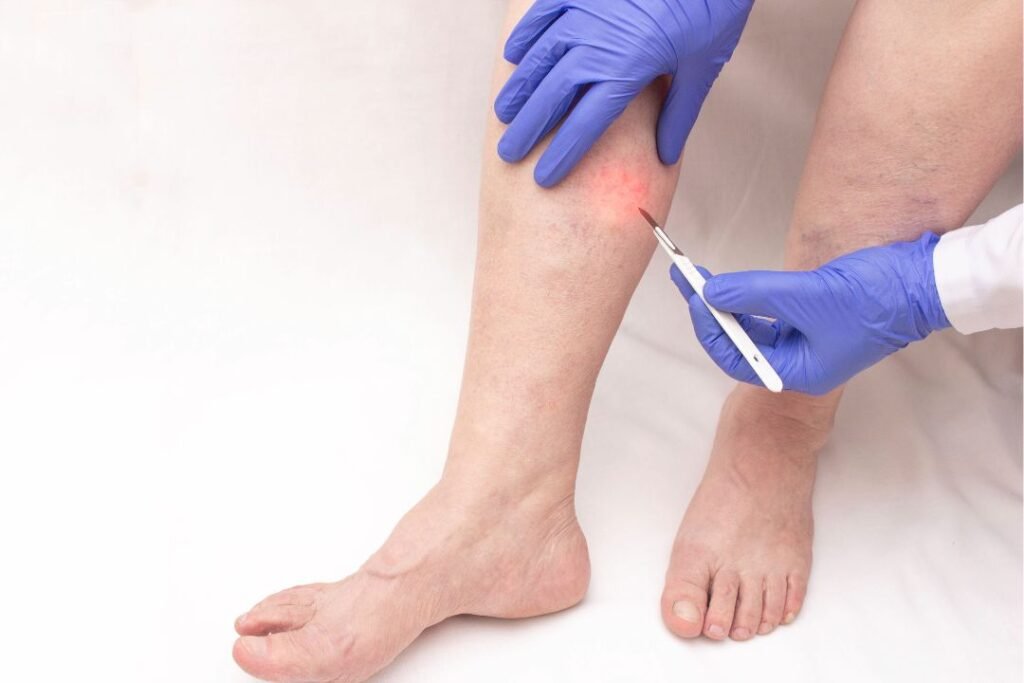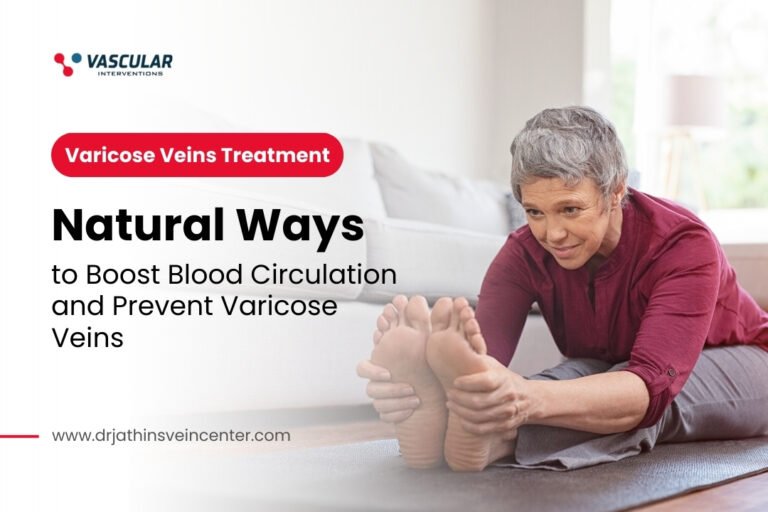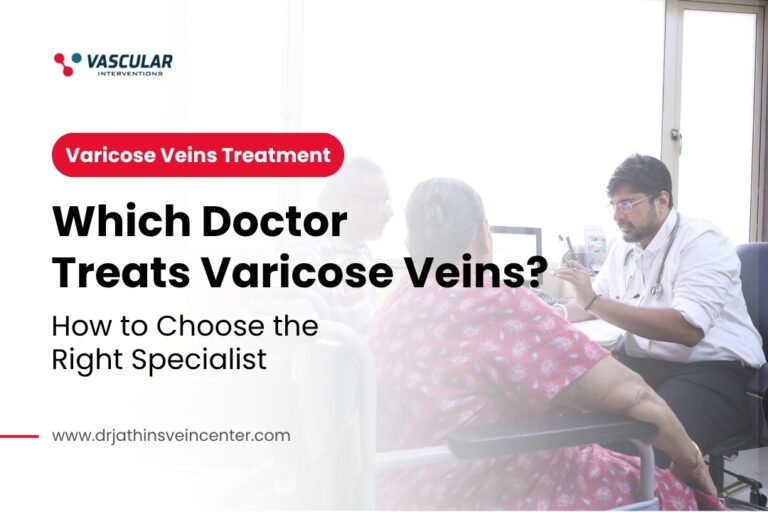Varicose veins are a common condition that affects millions of people worldwide. They are characterized by twisted, swollen veins that are visible just beneath the skin’s surface. Varicose veins can cause discomfort, pain, and swelling, making it challenging to carry out daily activities.
While several factors contribute to the development of varicose veins, including age, obesity, pregnancy, and a sedentary lifestyle, researchers have also identified genetics as a crucial factor.
This blog post aims to provide readers with an in-depth understanding of the genetic basis of varicose veins. It will explore what genes are responsible for the condition, how they contribute to the development of varicose veins, and the interplay between genetics and other risk factors.
Genetic factors and risk assessment
Varicose veins are a common venous disorder that affects millions of people worldwide. While several risk factors, such as age, gender, obesity, and pregnancy, contribute to the development of varicose veins, genetic factors also play a crucial role in this condition. Several studies have suggested that genetic predisposition is a significant risk factor for developing varicose veins. Family history of varicose veins has been shown to increase the risk of developing the condition by up to 90%.
Additionally, the presence of certain genetic mutations has been linked to an increased risk of venous disease. Genetic testing and risk assessment can help identify individuals at high risk for varicose veins and enable early intervention to prevent or manage the condition. Therefore, understanding the role of genetics in varicose veins is essential in developing effective strategies for prevention, diagnosis, and treatment of this common venous disorder.
Hereditary influence on vein health.
Varicose veins are a common problem, and while their appearance can range from being a mere cosmetic concern to causing discomfort and even pain, their underlying cause is often a combination of environmental and genetic factors. Hereditary influence on vein health has been widely studied and established, with studies suggesting that up to 80% of individuals with varicose veins have a family history of the condition.
The genetic influence on vein health is believed to be related to structural abnormalities in the vein walls, which can result in weakened valves and the pooling of blood in the veins. This genetic predisposition can be compounded by environmental factors such as obesity, pregnancy, or prolonged standing or sitting, which can exacerbate the condition. Understanding the role of genetics in varicose veins can help individuals make informed decisions about prevention and treatment options, including lifestyle changes and medical interventions.
Understanding the role of DNA
The role of genetics in varicose veins is an area of increasing interest in the medical community. One of the key factors in this discussion is the understanding of DNA and its role in predisposing individuals to this condition. Research has shown that certain genes may play a role in varicose vein development, including those involved in the regulation of vein wall structure and function.
Understanding the role of DNA in varicose veins is important for identifying individuals who may be at higher risk of developing this condition and for developing targeted prevention and treatment strategies. While genetics is just one piece of the puzzle when it comes to varicose veins, it is a critical one that should not be overlooked.
Gene testing for vein disease.
Varicose veins are a common condition that affects millions of people worldwide. While the primary cause of varicose veins is related to lifestyle factors such as obesity, pregnancy, and long periods of standing or sitting, there is also a genetic component to this condition. Recent research has identified several gene mutations that increase the risk of developing varicose veins.
Gene testing for vein disease can help identify individuals who are at greater risk of developing varicose veins and allow for early intervention and prevention. This testing is a simple, non-invasive procedure that involves analyzing a patient’s DNA to determine if they have any gene mutations that increase their risk of developing varicose veins.
By identifying individuals at higher risk, doctors can develop targeted prevention and treatment plans to help prevent the progression of this condition. Gene testing is an important tool in the fight against varicose veins and can help patients take control of their health and reduce their risk of developing this condition.
Genetic counseling for prevention.
Varicose veins, a common condition that affects approximately 23% of adults, is often attributed to lifestyle factors such as obesity and lack of physical activity. However, recent research has suggested that genetics may also play a role in the development of varicose veins. As a result, genetic counseling for prevention has become an important aspect of managing this condition.
Genetic counseling involves a comprehensive evaluation of an individual’s family history and genetic risk factors, as well as education and guidance on lifestyle modifications that can help mitigate these risks. By identifying genetic predispositions early on, individuals can take proactive steps to prevent the development of varicose veins and other related conditions. Through genetic counseling, healthcare professionals can provide patients with personalized recommendations and support to improve their overall health and well-being.
Conclusion
While varicose veins can be caused by various factors such as age, pregnancy, and prolonged standing, there is also evidence to suggest that genetics play a role in their development. Family history and inherited conditions such as Ehlers-Danlos syndrome have been linked to an increased risk of developing varicose veins.
While we cannot change our genetics, knowing our family medical history and taking preventative measures such as exercising regularly and avoiding prolonged sitting or standing can reduce the risk of developing varicose veins. It is important to consult a healthcare professional if you are concerned about your risk or have symptoms of varicose veins.





